European church music prize goes to a Brit
mainThe Preis der Europäischen Kirchenmusik 2019 is to be awarded to John Rutter for lifetime service to the genre.
Founder of Collegium Records and the Cambridge Singers, Rutter, 73, remains the go-to composer for royal weddings and suchlike occasions.
The prize is a humble one – 5,000 Euros.
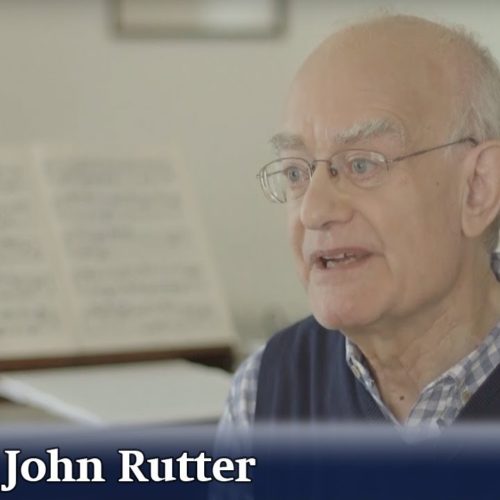

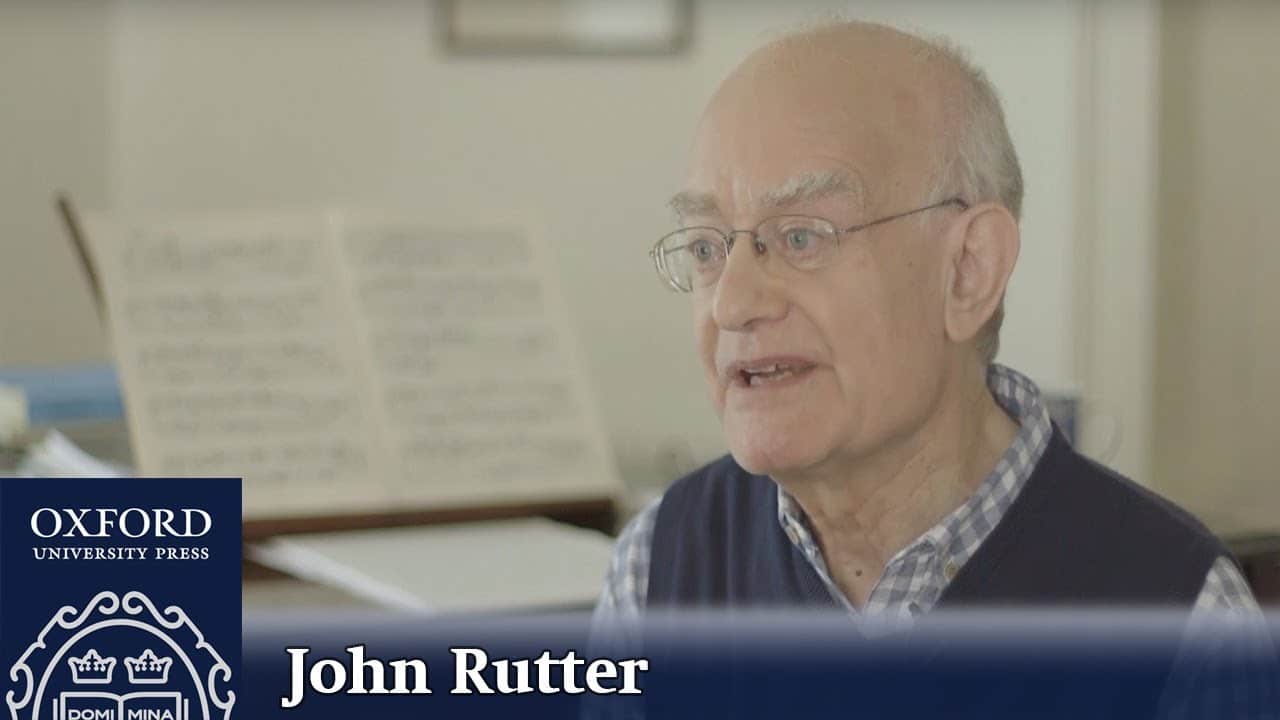
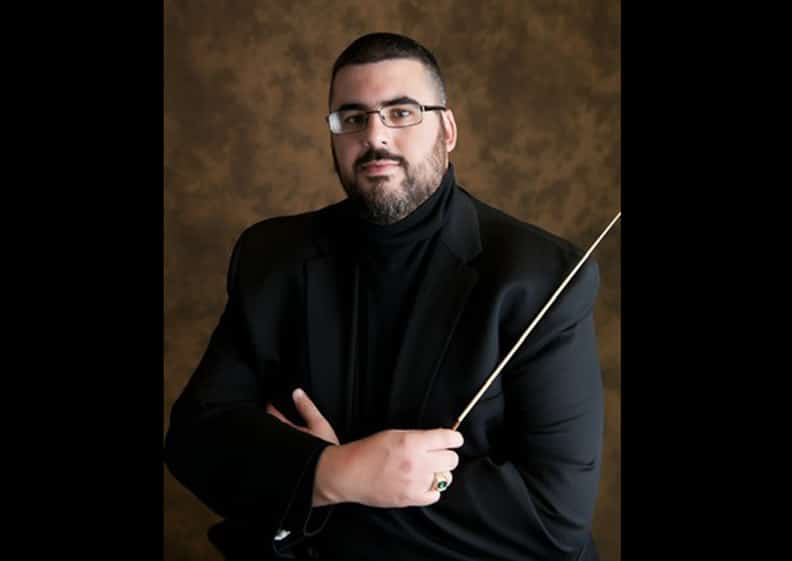

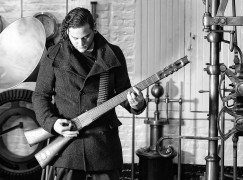
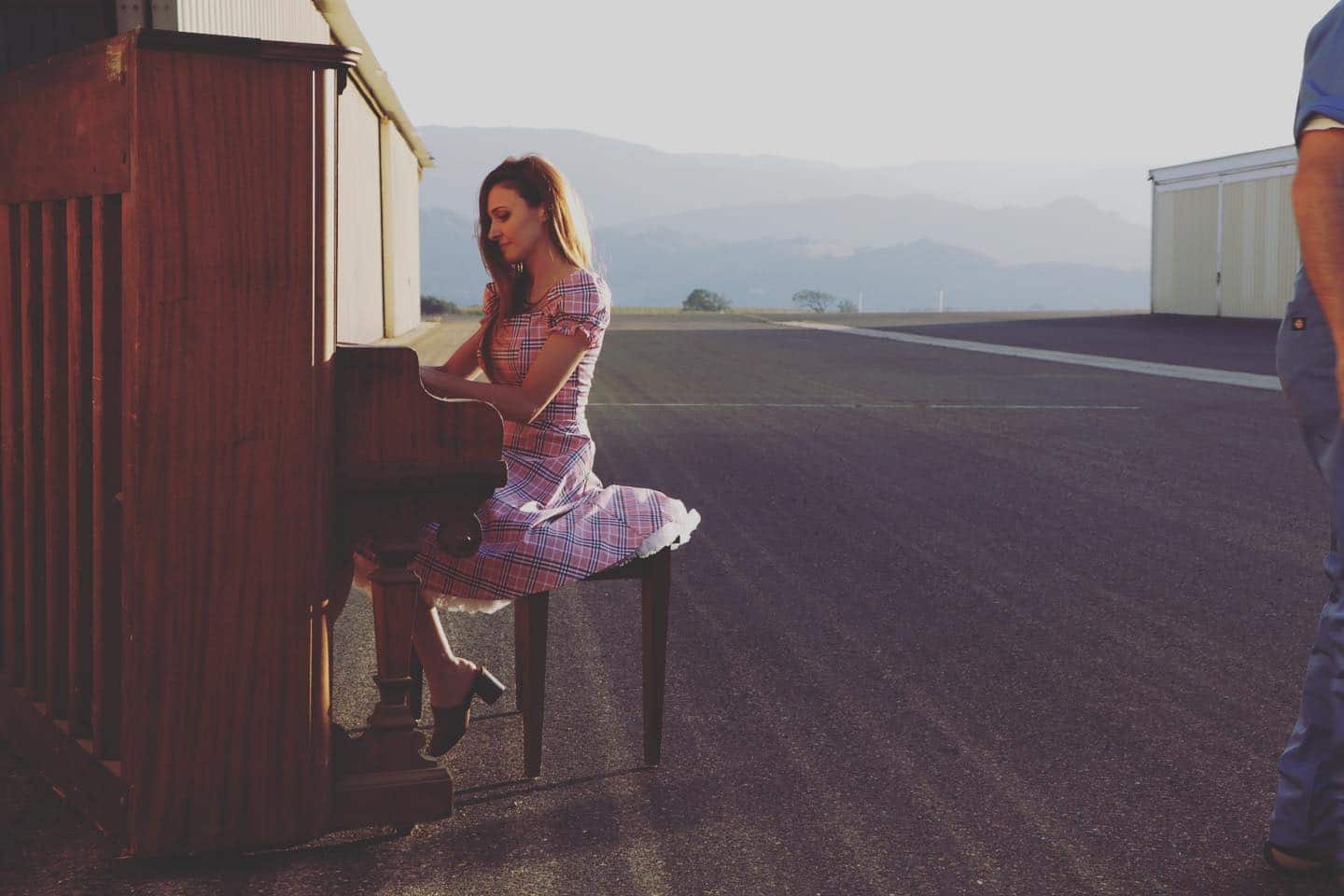
Really interesting in light of the fact that Rutter is a self-described agnostic:
https://www.limelightmagazine.com.au/features/john-rutter-an-agnostic-speaks-out-on-writing-sacred-music/
Of course, one does not need to be a religious person to create or enjoy religious art, including music. I am an atheist yet I very much value singing sacred choral music, and in fact prefer it over most secular music.
The best discussion I have encountered on the topic of non-religious persons experiencing religious music, or more specifically non-Christians experiencing Christian music, came from Michael Steinberg, in “Choral Masterworks” I believe.
The most insightful discussion I have encountered on this relationship between non-religious individuals and religious music, is that by Giles Swayne (a prolific composer of sacred music, who once had a commission withdrawn by a church after it learned of his anti-faith-schools stance) in his article ‘Heavenly Choirs’:
http://www.gilesswayne.com/gs/heavenly-choirs-2/
Why the down votes? Curious.
Same here, Saengerchor. I’m not 100% a fan of Rutter’s music, much of which I find saccharine, but some of his larger-scale works are really interesting to sing (and hear!), and his career has been impressive, from his early work with Willcocks to his pioneering founding of his own label and his largely successful struggle with the effects of myalgic encephalomyelitis. He has spoken of his spirituality in this interview and elsewhere, and of the spirituality he finds in music itself. There are worse gods, for sure.
I can only concur here. As a player I never fail to be moved by many of the great religious works. As a person I have nothing to do with the religions themselves. We can only sit back and enjoy the wonderful sounds which were probably written with conviction and sincerity. Only a devout Catholic could take the words of Gerontius seriously but the music is sublime.
Anyway congratulations to John Ritter. Whether or not he’s a believer, his music makes many people happy. Job done!
Well, well deserved. He has brought music to so very many people
Well said, David . . . Amen!
Orlando Gibbons to John Rutter, though it did take 400 years.
I appreciate that he is doubtless a highly skilled performer and educator, but his compositions have never particularly interested me. There is something about his music that for me is too easy, too instantly pleasing. He writes good, memorable tunes, harmonises nicely, and certainly knows how to write for voices, but that’s not enough to hold my interest beyond a first hearing. It’s rather safe, rather tame, rather too comfortable. I’m not persuaded that those things are what the Christian religion is supposed to be.
I don’t think Rutter conveys, for example, the awesomeness of God, a God who is sometimes to be approached in fear. Listen, for example, to the opening of Vierne’s Messe Solennelle. There one has a sense of the majesty of God, a God who is indeed to be approached with the words, ‘Lord, have mercy! Christ, have mercy!’ Or again, take the mystery of the Eucharist, the unfathomable belief that the sacrifice of the Mass is one and the same sacrifice as that of Jesus on the cross. This is what we hear, for example, in Messiaen’s O Sacrum Convivium. Or what of the actual crucifixion, death, and burial of Christ? Where is this more eloquently evoked than in Lotti’s Crucifixus? That work powerfully conveys the physical agony of crucifixion, the mental sense of desolation, and finally a kind of peace in the tomb, though we know that Jesus is next to descend into hell. It is unsurprising that Bach’s ‘Erbarme dich’ is considered perhaps the finest moment in the greatest achievement of western classical music. Following immediately after the brilliantly evocative ‘und weinete bitterlich’, we find Peter weeping, not just from his eyes, but from his heart, weeping bitterly, beseeching Jesus to have mercy, even just to look at him. It is a compellingly human moment in a work that is all about the relationship between the human and the divine.
I know ‘The Lord bless you and keep you’ (linked in the post above) well, having heard, and indeed sung, it many times. I think it’s popular because people find it very nice. And by ‘nice’ I mean it’s cosy. Would it be cosy to have the face of God shining upon one? It ends with a promise of God’s peace, and yet I don’t find it very peaceful. In Purcell’s Bell Anthem, on the other hand, we find a real sense of peace, because it is so unexpected, when the jaunty dotted 3/4 rhythms suddenly, almost jarringly, give way to a tranquil common time.
Anyway, that is just my opinion. If people enjoy Rutter, then good for them, and good for him.